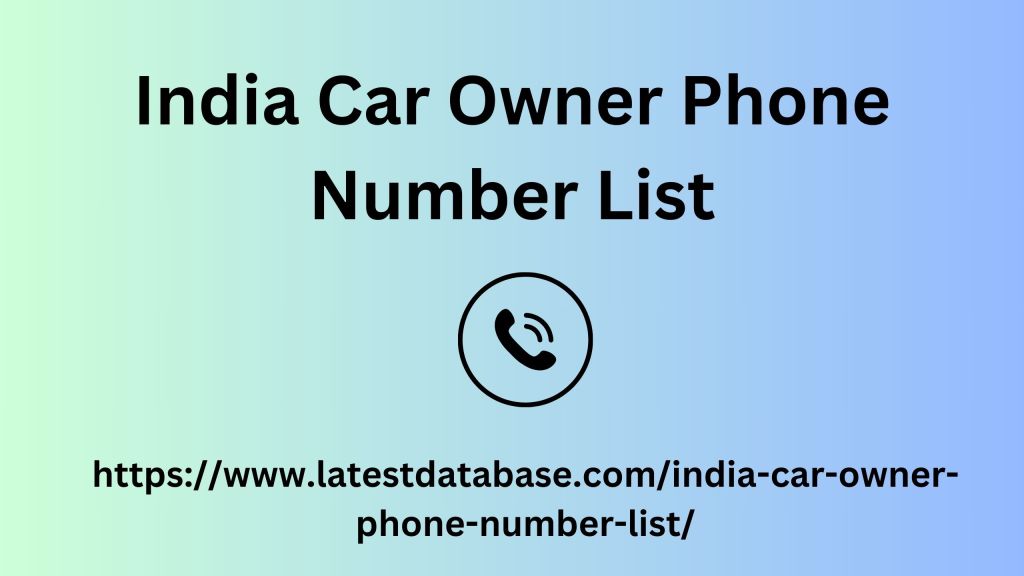|
|
Authority of the linking external domains (trust) to your document are of course still very important. However, the sheer number has become pretty unimportant in 2014. What's more important is: How much does Google trust the domain that links to you? You cannot see the trust rank of a domain, you can only guess it. It doesn't really matter whether it's Spiegel.de or the private website of a cat blogger. What is more important is how restrictively these websites link to others.
Is every cheese linked or are links sold or exchanged? Or does the webmaster only link to India Car Owner Phone Number List websites that he personally believes in? Document matches the keyword and a wide variety of search intentions relating to the keyword are fulfilled This is actually my favorite ranking factor because many SEOs struggle with it and nothing progresses. The solution to the puzzle is often: the product/landing page simply doesn't fit the keyword. Let's say someone wants to have good positions with an online supermarket for the term "pizza delivery service" because they want to fish in this keyword pool. It will probably have difficulty ranking, or not at all, because it is not a pizza delivery service and users weren't looking for it.

It is something else to cover not just one, but all possible search intentions. If you search for “SSD hard drive Mac”, you may not only want to buy an SSD hard drive, but also want to know how to install it and have instructions. Anyone who offers both search interests has a clear advantage. Related: Bounce rate – number of so-called “short clicks” is very low If a user clicks on the first result and is dissatisfied with it, they go back to the search results page and click on another result. Internally at Google, this is called a “short click” and it means that the user was not satisfied with the search result.
|
|